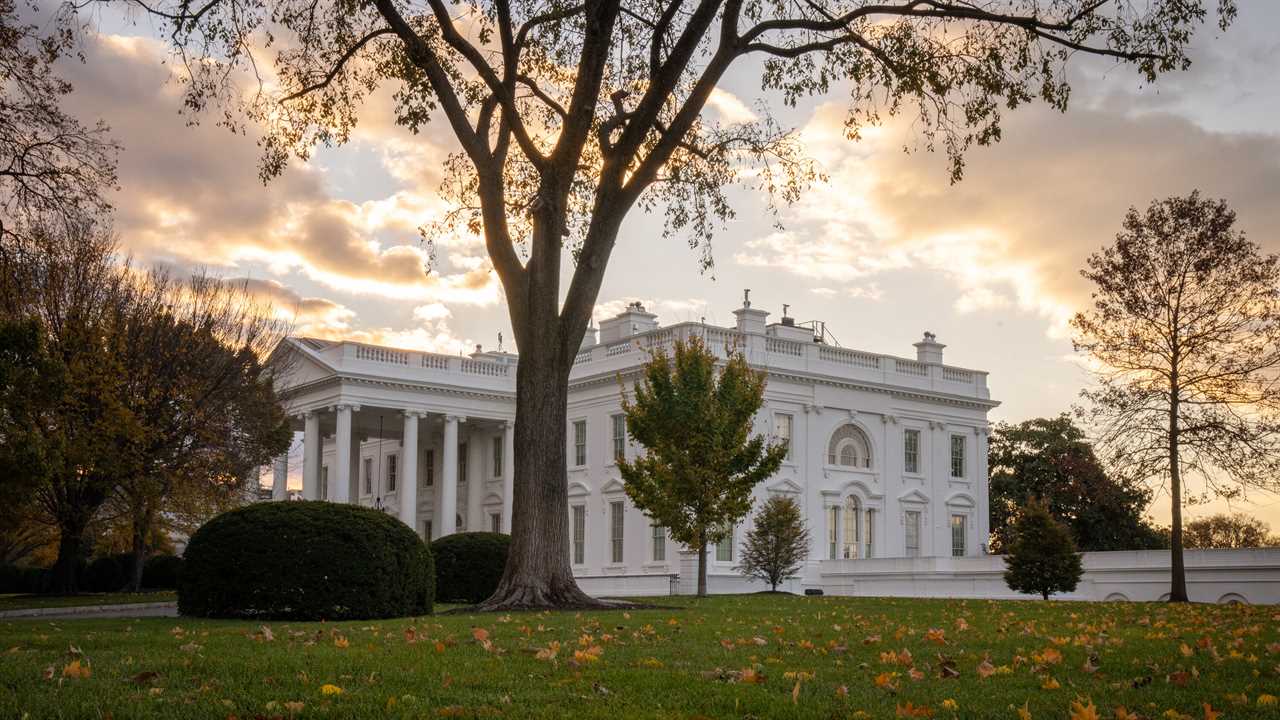
WASHINGTON — The House on Thursday passed a package of constraints on presidential power, which Democrats framed as a response to Donald J. Trump’s norm-busting presidency and Republicans unanimously opposed for the same reason.By a nearly party-line vote of 220 to 208, the House approved the Protecting Our Democracy Act, which would impose new curbs on executive power. Proponents of tighter government ethics have long sought many of the measures, and Republican have supported them, but they have been recast as partisan issues because of their association with Mr. Trump.“Disturbingly, the last administration saw our democracy in crisis with a rogue president who trampled over the guardrails protecting our Republic,” Speaker Nancy Pelosi said. “Now, Congress has the solemn responsibility and opportunity to safeguard our democracy, ensuring that past abuses can never be perpetrated by any president of any party.”The legislation would require presidential candidates to disclose their tax returns, which Mr. Trump refused to do.The act would also strengthen the Constitution’s previously obscure ban on presidents taking emoluments, or payments, by extending anticorruption prohibition to commercial transactions. Mr. Trump’s refusal to divest from his hotels raised the question of whether lobbyists and other governments that began paying for numerous rooms at Trump resorts — and sometimes not using them — were trying to purchase his favor.The bill would also require campaigns to report any offers of foreign assistance to the F.B.I. — a proposal that resonates with episodes unearthed in the Russia investigation, such as when Donald Trump Jr. and other senior campaign officials met at Trump Tower with Russians they were told had dirt on Hillary Clinton.The package now moves to the Senate, where the 60-vote threshold for passing legislation means that Republicans can block it. Representative James Comer, the Kentucky Republican who managed his party’s side of the House debate, said there was “no apparent path for the bill in the Senate.”But supporters of the bill envision breaking it up and attaching different components to other legislation in the Senate in a bid to regain bipartisan backing for elements that Republicans have supported in the past.Among many other things, the bill would make it harder for presidents to bestow pardons in briberylike contexts. It would create new protections against firing inspectors general without a good reason or retaliating against whistle-blowers. And it would constrain a president’s ability to spend or secretly freeze funds contrary to congressional appropriations.It would also speed up lawsuits over congressional subpoenas so that stonewalling by the executive branch cannot run out the clock on oversight efforts; require the Justice Department to give Congress logs of contacts with White House officials; and strengthen the Hatch Act, which prohibits federal employees from engaging in campaign politics at work.The legislation’s path has also been slowed by uncertainty among Senate Democrats about the Biden administration’s support. The White House on Thursday morning issued a statement of administration policy that supported the bill, citing “the formidable, but essential, challenge of reinforcing the norms and safeguards that prevent our democracy from eroding.”Ian Bassin a founder and the executive director of Protect Democracy, which supports the bill and worked with House Democrats on developing some of its provisions, praised the White House for supporting the legislation even though it would curb executive authority.“The Biden administration deserves major credit here for doing something executives rarely do: agreeing to support legislative curbs on their own power,” Mr. Bassin said, adding: “Now that the White House has announced its support, it needs to work with the Senate promptly to enact these provisions.”Still, the White House statement was not unqualified. It included a vague caveat that the administration would continue to work with Congress to ensure the bill would uphold “the longstanding interests of the executive branch that are essential to effective governance and efficient use of taxpayer resources and consistent with our constitutional structure” without specifying any particular provisions it had concerns about.The White House had spent months negotiating with House Democrats, who dropped some of their original ideas in response to its constitutional or policy objections before introducing the package in September. But Democratic lawmakers insisted on keeping some provisions with which the administration had expressed concerns, according to people familiar with the matter, including making it harder for presidents to fire inspectors general.Throughout a nearlyBy: Charlie Savage
Title: House Approves Post-Trump Curbs on Presidential Power
Sourced From: www.nytimes.com/2021/12/09/us/politics/presidential-power-trump.html
Published Date: Fri, 10 Dec 2021 00:08:22 +0000
Read More
Did you miss our previous article...
https://badpoliticians.com/us-politics/eric-adams-retires-from-ghana-his-spirit-cleansed-and-full-todo-list
 UK PoliticsWorld PoliticsVideosPrivacy PolicyTerms And Conditions
UK PoliticsWorld PoliticsVideosPrivacy PolicyTerms And Conditions
